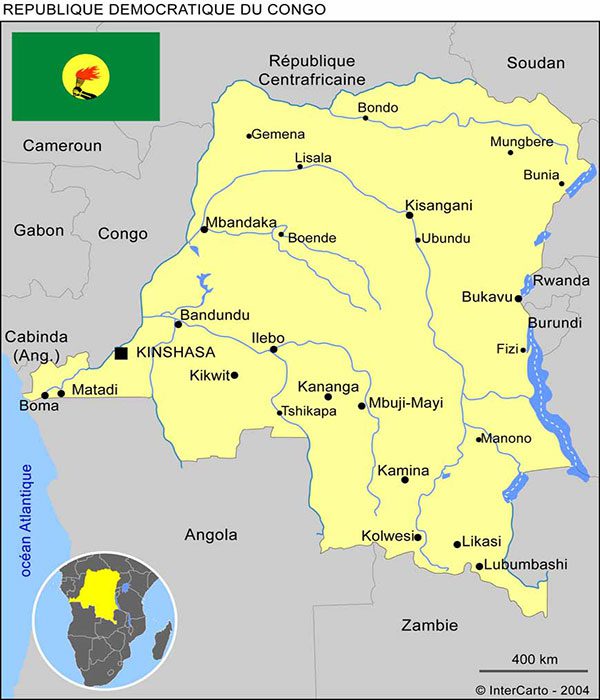The United Nations High Commissioner for Refugees (UNHCR) said it was “appalled” by the renewed violence.
The barbarity of armed groups in the Democratic Republic of Congo seems to have no limits, according to a report by the Office of the United Nations High Commissioner for Refugees (UNHCR).
The report says more than 70 civilians have been killed by militias using knives, machetes and firearms in the past ten days.
“In the latest incident, on Sunday 28 November, at least 26 people (including ten women and nine children) were killed at the Ndjala site in Ituri province,” the United Nations agency says in a statement seen by APA on Wednesday.
Seven days earlier, 44 people lost their lives in Drodro to similar incidents.
More than 1,200 shelters were destroyed in the locality and nearly 1,000 others in Tche.
This series of attacks on IDP camps in the east of the country has led to “a massive displacement of the population,” particularly towards Roe, where the IDP site is protected by peacekeepers from the United Nations Organization Mission in the Democratic Republic of the Congo (MONUSCO).
In another raid on November 14 in Mikenge, South Kivu, six children and a pregnant woman were killed.
At a press briefing in Geneva, Switzerland, UNHCR spokesman Boris Cheshirkov said “as many as 20,000 civilians” had sought refuge in Roe.
With such an influx, “this site, near a Monusco military base, has doubled in size. It went from 21,000 to 40,500 inhabitants in less than 48 hours,” he said.
As a result, the newcomers are forced to “sleep under the stars,” Cheshirkov said.
According to the United Nations High Commissioner for Refugees, five million people have been forced to flee their homes in DR Congo, representing an increase of 400,000 people from the beginning of 2021.
“The theft of livestock, which often comes with the raids, worsens economic precariousness,” says the UNHCR spokesman.
The UN agency therefore called on all parties to “respect the civilian and humanitarian character of displacement sites” and to “guarantee access to sites,” so that humanitarian actors can provide “vital assistance to refugees.”
ID/fss/as/APA


